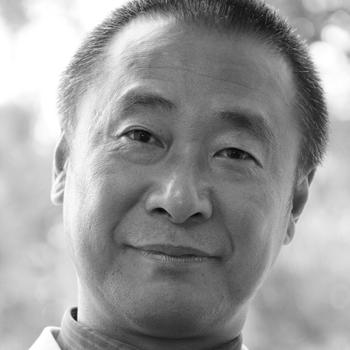Yu Wei Jie

Interweaving Performance Cultures
Fellow 2008/09, 2009/10
In 1990, Yu worked with an international theatre research project at the University of Bayreuth, from where he obtained his PhD. Since 2001, as Dean of the School of Performing Arts, he has been heading the Theatre Department at the Nanyang Academy of Fine Arts, Singapore, where he has set up a bilingual theatre faculty and distinguished performing arts school. As a theatre educationalist and specialist in training actors, Yu publishes and lectures widely in this field. His long-time research interest mainly covers the area of transcultural theatre productions, especially of the Mandarin reception and interpretation of Shakespeare’s works, as well as the modern approaches to / adaptations of Western dramatic literature on the Chinese stage at large.
Research Project
Between Kuo Pao Kun and Ong Keng Sen - From Inter-Cultural Practice to Interweaving Theatre: A Case Study of Singapore
As a young nation, Singapore has a recent but rapidly developed theatre of its own. Kuo Pao Kun (1939-2002), a pioneer of modern theatre in the Southeast Asian region, has contributed considerably to its foundation. Due to the country’s cultural diversity, this search for identity was combined with its intercultural practice. The latter has influenced the direction of theatre work made by the practitioners of Kuo Pao Kun’s generation as well as the next generation represented by Ong Keng Sen. As a student and disciple of Kuo Pao Kun, Ong Keng Sen, however, has gone beyond the ideal of creating a national drama based on the cultural identities of ethnic groups. Rather, he aimed at a kind of Singaporean theatre by digesting and interweaving all sorts of theatrical elements available. Therefore, the gap between Kuo Pao Kun’s ideal and Ong Keng Sen’s efforts offers an interesting process for us to see how intercultural departure has finally reached towards an interweaving of various performance cultures. The research thus focuses on examining Ong Keng Sen’s innovative search, the beginning of which was marked by his Lear (1998). The study will thus not only examine the inevitable route from Kuo Pao Kun’s initial practice to Ong Keng Sen’s interweaving of performance cultures, but also explore the mutual influences, negotiations, and controversies caused by and prevalent among the works of Ong Keng Sen and his contemporaries.


